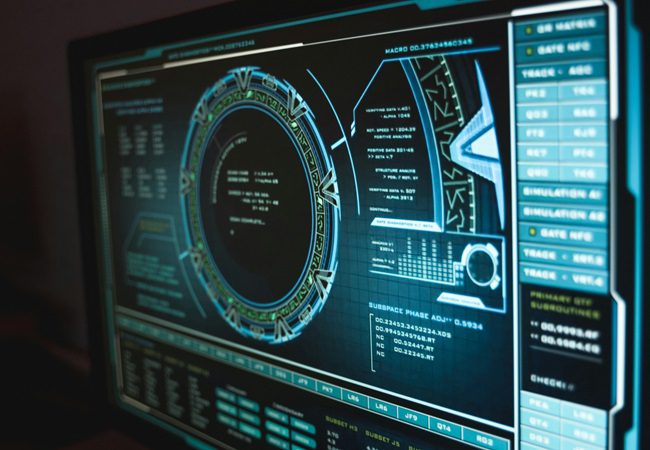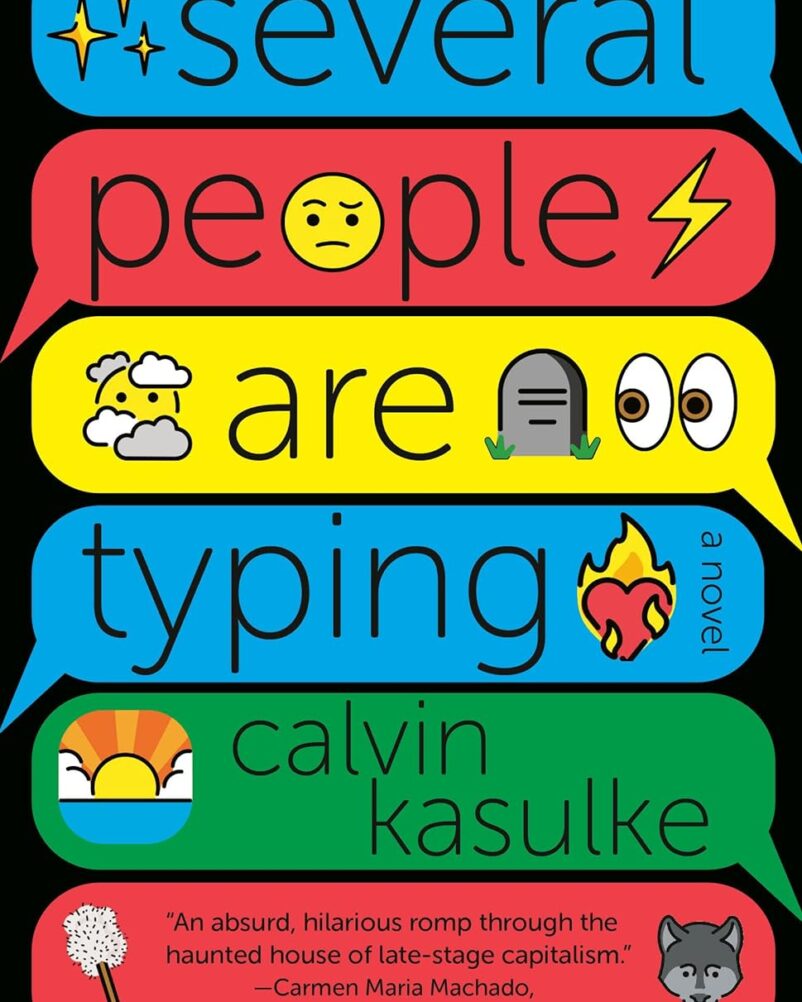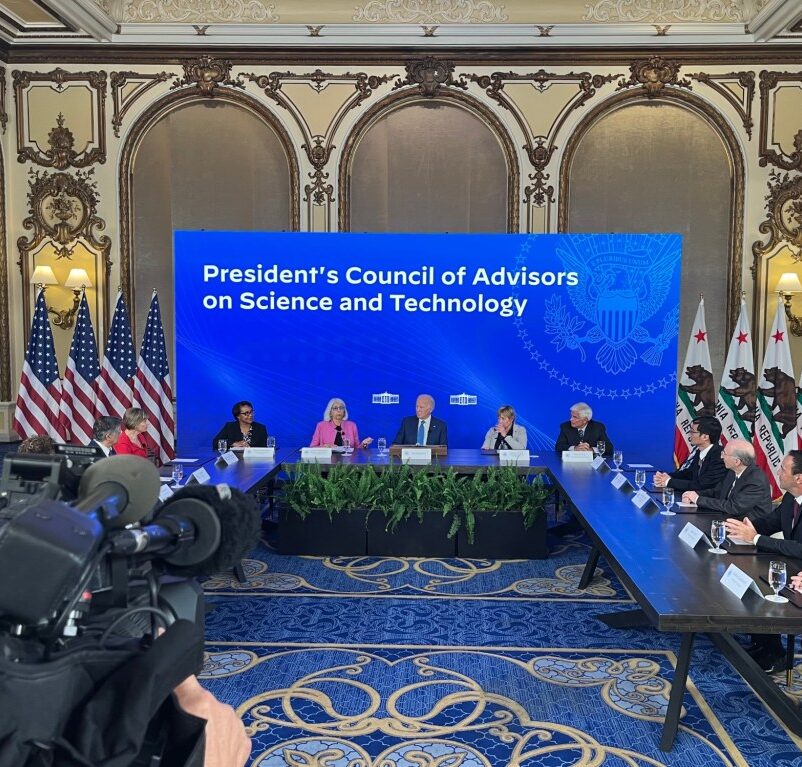
Artificial intelligence is changing our lives and the way we work. Find out more in this exclusive interview with Engineer Claudio Pasqua, CTO of ADI – Italian Digital Agency a department of SOLTEC IT a company specialized in IT application.
How artificial intelligence is changing the employment landscape, and what strategies he would recommend to help workers and companies adapt to the new demands of the job market influenced by AI?
Artificial intelligence is significantly influencing the job market, leading to the transformation or disappearance of some jobs. According to a study by the McKinsey Global Institute, by 2030, about 11.8 million workers in the United States may need to find new employment, especially in sectors at high risk such as technical support, customer service, catering, and manufacturing. Workers with lower wages could be the most affected by these changes.
We know that in January of this year, you organized two important conferences in Turin (at the Environment Park) on the themes of Aerospace and Artificial Intelligence, which are closely connected. Can you tell us about them?
Yes, events like these, which we organized thanks to Edizioni Sindacali and FERPI, are a unique opportunity for professionals and entrepreneurs to update their knowledge and engage in compelling discussions on topics that are shaping our future.
In ADI (Soltec IT) we are always up to date on what the new technologies are, and at the moment the two most promising ones are AI and Aerospace.
Turin is a city that is heavily investing in the most innovative sectors, especially aerospace and artificial intelligence. The number of startups in our city has seen an increase of 0.6%, reaching a total of 675. Piedmont is the cradle of Aerospace in Italy with the project of the City of Aerospace, and Turin has officially become the National Center of Artificial Intelligence. This event represents a unique opportunity to delve into highly topical issues, such as the Space Economy and the implications of AI, guided by the most qualified experts in the field. It is an unmissable occasion for professionals, journalists, entrepreneurs, teachers, and students to get updated and engage in stimulating debates on topics that are shaping our future.
A success story is that of Tyvak International, a young company based in Turin that has launched about ten operational satellites since the start of its venture in 2015.
On March 14 the company announced it had completed the formal delivery of the Milani nanosatellite to the European Space Agency for the Hera mission, which aims to study the protection of Earth from asteroid threats.
On the other hand, in Turin, I3A was established, a national center of excellence dedicated to research, development, and dissemination of knowledge in the field of AI applications in Italy, becoming a national and international point of reference. It is a hub capable of attracting Italian and European talents, creating a fertile and innovative ecosystem.
What is the role of artificial intelligence in technological innovation and in maintaining the competitiveness of businesses on a global level, and which sectors do you believe will be most transformed by AI in the coming years?
Some sectors are particularly vulnerable to the changes brought by the advent of chatbots and artificial intelligence. In Customer Service, for example, chatbots are becoming increasingly common for handling customer support requests, reducing the need for human operators for standard tasks such as answering frequently asked questions or managing basic issues. In the realm of Data Entry and Back-office, many chatbots are designed to perform repetitive tasks such as data input, potentially decreasing the need for employees in these roles. In the telemarketing sector, where conversations can be standardized and automated, chatbots’ ability to handle a large volume of calls simultaneously could lead to the replacement of human roles. In the Banking and Financial Sector, the growing use of these systems for basic financial advice, transaction management, and customer support is reducing the need for staff for these functions. In the legal field, the automation of legal document search and analysis could impact the work of lawyers. The construction industry is seeing increasing automation, with construction robots and autonomous vehicles putting construction workers’ jobs at risk. Finally, journalists, who are now facing the challenge of algorithms capable of producing articles and news based on data, which could impact the field of news reporting and journalism.
Will artificial intelligence take our jobs, or offer new opportunities?
The increasing importance of new digital technologies in everyday life brings both benefits and drawbacks. Despite numerous concerns, the advancement of digital and artificial intelligence technologies is expected to create new job opportunities, necessitating updated skills and focusing on more creative and strategic tasks. Similar to the evolution of the automobile, AI-based systems are transforming our way of living and working, offering both challenges and opportunities for society and the economy. In response to this shift, at the end of this article, you will find a selection of significant texts that provide insights and perspectives on these developments.
What are the next events you are organizing with ADI?
With our President, Dr. Giovanni Firera, we are setting up the necessary institutional agreements to create a major event that will bring together companies and universities in technological sectors ranging from AI to robotics, all the way to Aerospace.






